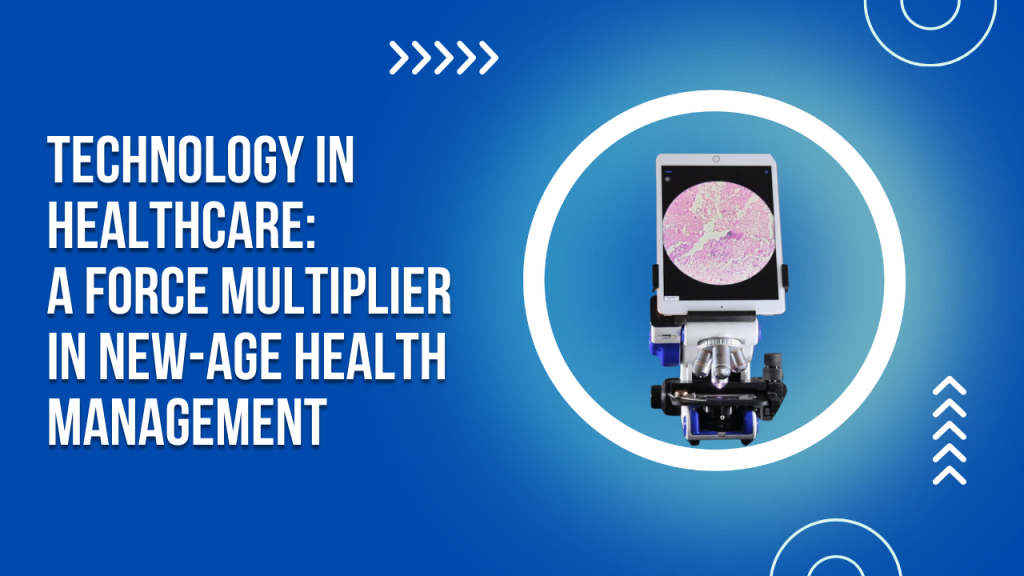As we approach World Health Day, it’s worth reflecting on the incredible impact that technology has had on the healthcare industry. From cutting-edge diagnostic tools and research to telemedicine and electronic health records, technology has emerged as a powerful force multiplier, amplifying the capabilities of healthcare professionals, and improving patient outcomes.
Imagine for a moment a world without technology in healthcare. Record-keeping would revert to traditional paper files, prone to loss, damage, and inefficient retrieval. Diagnostic procedures would rely solely on manual observation and rudimentary tools, increasing the risk of missed or inaccurate diagnoses. Communication between healthcare providers would be fragmented, hindering coordinated care and potentially leading to redundant or conflicting treatments. Ultimately, the absence of technology would severely affect the ability to deliver timely, efficient, and effective healthcare services.
The true magnitude of technology’s impact becomes evident when we consider specific examples. Take the case of a patient presenting with complex symptoms that could indicate various underlying conditions. Without advanced imaging techniques like CT scans or MRI, pinpointing the root cause would be an arduous and imprecise process, relying heavily on invasive procedures and extensive trial-and-error. However, with the aid of these technologies, healthcare professionals can quickly and accurately identify the issue, leading to prompt treatment and improved patient outcomes.
At the heart of this transformation lies the ability of technology to streamline processes, enhance efficiency, and provide access to a wealth of data and resources. Electronic health records, for instance, have revolutionized the way patient information is stored, accessed, and shared among healthcare providers. This seamless exchange of information not only reduces redundancies and errors but also enables more informed decision-making, leading to better patient care.
Diagnostic technologies has also experienced remarkable advancements, empowering healthcare professionals with unprecedented precision and insight. Imaging techniques like MRI, CT scans, and advanced genomic sequencing have unlocked new frontiers in early detection, disease monitoring, and personalized treatment plans. These tools have become indispensable allies in the fight against various ailments, from cancer to neurological disorders.
Moreover, telemedicine has bridged geographical barriers, bringing healthcare services to remote and underserved areas. Through video consultations, remote monitoring, and secure data sharing, patients can now access specialized care without the need for extensive travel, reducing the burden on both patients and healthcare systems.
Artificial intelligence (AI) and machine learning have emerged as game-changers, augmenting human expertise with data-driven insights and pattern recognition capabilities. From assisting in medical image analysis to predicting potential drug interactions and optimizing treatment plans, AI is transforming the way healthcare professionals’ approach complex challenges.
In this constantly evolving landscape, we at Medprime Technologies are committed to innovation. We believe, our digital microscopes have the ability to transform the field of pathology, enabling healthcare professionals to capture high-resolution images, analyze them with precision, and share findings seamlessly. By streamlining the diagnostic process and facilitating collaboration, Medprime’s technology is a testament to how digital solutions can enhance the entire healthcare ecosystem.
However, the true power of technology lies not only in its individual components but also in its ability to seamlessly integrate and collaborate across disciplines. By fostering interdisciplinary collaboration and data sharing, technology has enabled a holistic approach to healthcare, where specialists from various fields can contribute their expertise to develop comprehensive solutions.
As we look to the future, the potential of technology in healthcare is boundless…
